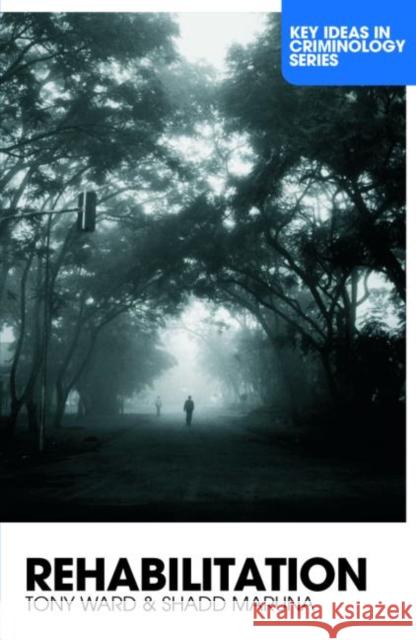Rehabilitation: Beyond the Risk Paradigm » książka
Rehabilitation: Beyond the Risk Paradigm
ISBN-13: 9780415386432 / Angielski / Miękka / 2007 / 216 str.
Over the last two decades, empirical evidence has increasingly supported the view that it is possible to reduce re-offending rates by rehabilitating offenders rather than simply punishing them. In fact, the pendulum's swing back from a pure punishment model to a rehabilitation model is arguably one of the most significant events in modern correctional policy. This comprehensive review argues that rehabilitation should focus both on promoting human goods (i.e. providing the offender with the essential ingredients for a 'good' life), as well as reducing/avoiding risk. Offering a succinct summary and critique of the scientific approach to offender rehabilitation, this intriguing volume for students of criminology, sociology and clinical psychology gives a comprehensive evaluation of both the Risk-Need Model and the Good Lives Model. Rehabilitation is a value-laden process involving a delicate balance of the needs and desires of clinicians, clients, the State and the public. Written by two international leading academics in rehabilitation research, this book argues that intervention with offenders is not simply a matter of implementing the best therapeutic technology and leaving political and social debate to politicians and policy makers.











